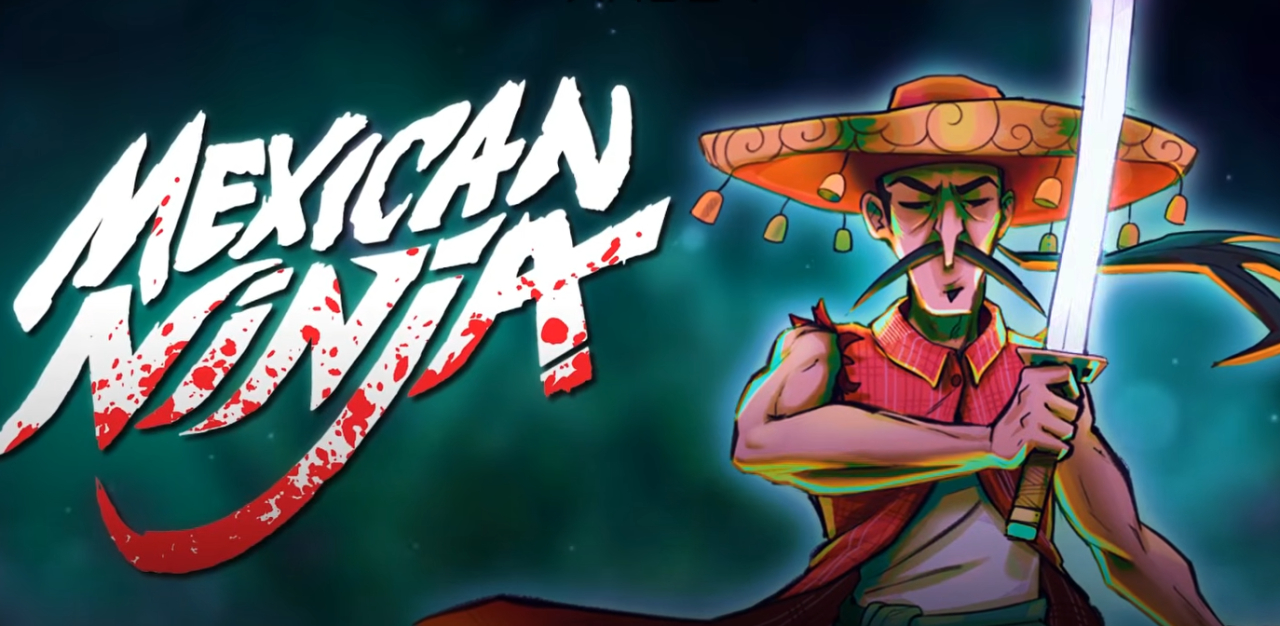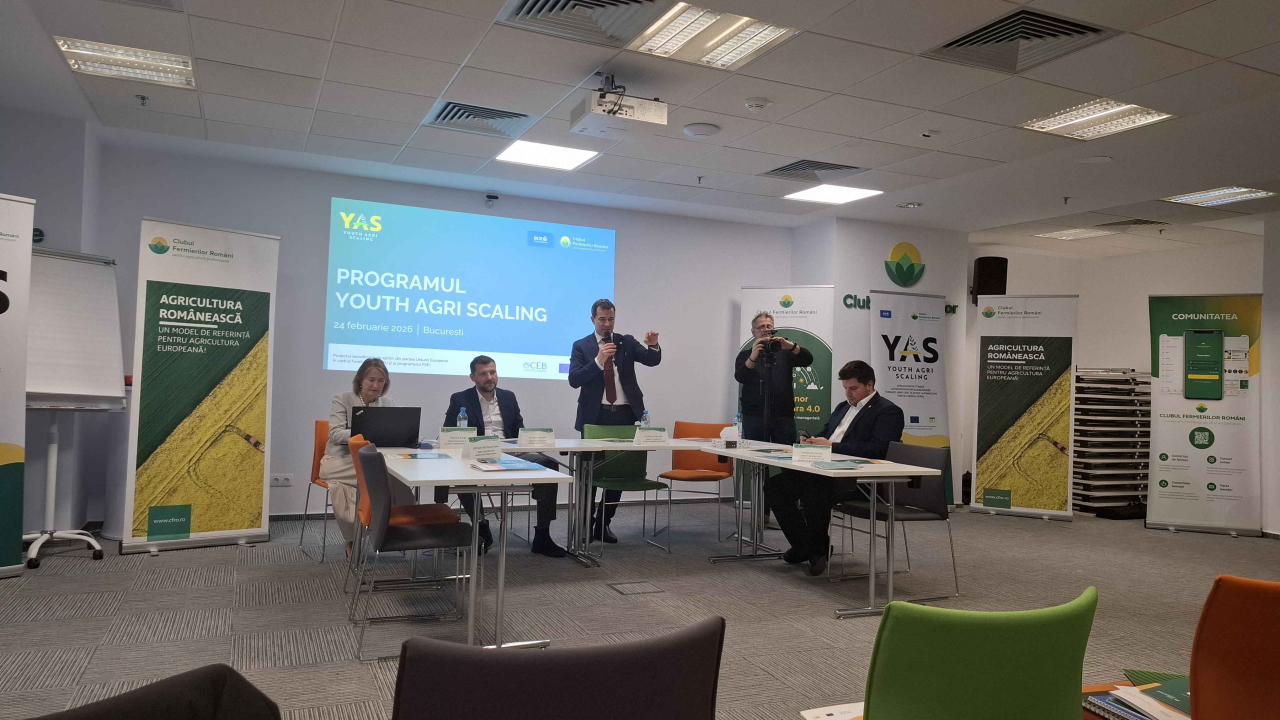We live in a deeply digital age, accessible anywhere and at any time. Whether you're brushing your teeth, commuting on the subway, or at the office, you have the ability to grab your phone or laptop and endlessly scroll through apps that increasingly encourage you to consume short-form content, like TikTok or Instagram reels.
What effect does technology have on our attention?
A study conducted by the Policy Institute and the Centre for Attention Studies at King’s College London highlighted the nuanced nature of technology and its impact on our attention. Over 50% of adults in the UK reported they can’t stop checking their phones, especially when they need to focus on something else. Although most people estimated they check their phone only 25 times a day, the actual number is around 80.
Almost half of the study participants said their ability to concentrate has decreased, and over 56% of those aged between 35 and 54 shared the same sentiment. The digital world has become a constant battle for our attention, with content seizing the first few seconds to keep us hooked.
After feeling like a victim of this phenomenon myself, unable to watch a video longer than 5 minutes, I tried cutting off my access to short-form content and rekindling my ability to focus. Today, I’ll talk about a podcast to which I’ve dedicated at least 46 hours and one that has, through its unique approach, improved my focus and ability to listen for hours on end. It’s proof that stories can still be told differently on the internet.
Malevolent: a podcast in the shape of audio drama
The podcast that saved me is called Malevolent, created entirely by Harlan Guthrie - a one man army - from script, to voices, to music, and editing.
Who is Harlan Guthrie, you ask? A Canadian writer known for his horror poetry "The Rotted Man" and his work appearing in the NoSleep Podcast since 2013. He is currently the sole creator of the Malevolent podcast and co-creator of the gaming group The INVICTUS Stream.
And I know, when we hear the word podcast, we often think of two people sitting in front of microphones, talking about everything and nothing, probably for at least 3 hours if you’re in Romania, but Malevolent has a theatrical element, following a well-structured story from episode to episode.
“A TV show for your ears,” is how Harlan describes his work. Personally, I like to explain the concept as Venom movies if they were in a noir style. The story begins with Arthur Lester, a private detective from Arkham in the early 20th century, who wakes up with no recollection of who he is and unable to use his vision. A distorted voice tells him that it sees through Arthur's eyes and that, for now, they are forced to share a mind and a body. Together, they learn to function as a whole and they begin to investigate the paranormal phenomena inspired by Lovecraft's stories, trying to understand how they became united and how to find a way to free themselves.
That’s how the first episode, The Dark World, begins in 2020. Since then, 45 more episodes have been released as of this article, each lasting between 40 minutes and an hour.
The first episodes were the hardest for me as a new and restless listener. I struggled through them, with frequent pauses and moments where I’d go back to scrolling endlessly - until I discovered the transcripts of each episode. I replaced doomscrolling with reading the transcript while listening, and what do you know - I was captivated (and focused!) for hours on end.
I’m not the type of person to gatekeep (slang for someone who refuses to share their knowledge or information), so I reached out to Guthrie to talk about Malevolent and how this podcast is an innovative way of storytelling in today’s online world, in the hopes that it might fascinate you as well.
Enjoy some of my favorite questions and answers!
Why did you choose horror? - “Hopeful Horror”
Honestly, there are a few reasons. Horror isn’t easy to write, but it’s among the easier genres. Many will tell you that comedy is the hardest because humor is vast, and different people find different things funny. Sometimes it’s easy to try too hard and make someone uncomfortable or go too far.
Most of my thoughts are generally comedic, and I truly believe that the best friend of comedy is horror, as they are two extremes that work well together. I think this is reflected in my brand of horror, as it’s kind of a “horror with hope.” Malevolent will never end with the protagonist stabbed and hopeless in a dark alley. That’s not how I see the world, and for many people, this kind of genre can be cathartic, like when you’re sad and listen to sad music.
Why did you choose to publish only in an audio format?
Because I’ve always wanted to make films, but I realized that if, for example, you write a movie and have a perfect vision of how it will look, even if you’re lucky enough to direct it and star in it, you won’t have the budget. Someone will take it and say, “We’ll make it, but it has to be in black and white, and the lead actor has to be Ryan Reynolds.” While there’s something beautiful and healthy in collaborating with others, the film and TV industry is not a healthy one, and you always have to choose the lesser evil if you want to see your work published.
The audio format allowed me to do everything myself without external influences. It’s the purest version of my story, where I can take risks. And since I know my limitations and abilities, I’m able to take risks in episodes without the fear of hurting someone.
If you could create the perfect internet with old and new elements, what would it look like?
What I miss from the old internet… honestly, I miss the credibility and size of things, before ads were everywhere, when there were more journalists and bloggers excited to write and take interviews. Because the coolest thing in the world is seeing people doing things because they’re passionate, and it’s not hard to notice that today’s big sites aren’t driven by passion but by clicks, money, or controversy.
As for the new internet, I love fan spaces like AO3 (a site for publishing fanfiction) or Tumblr, where you can truly express yourself and be honest with yourself. It’s wonderful to see places where you can meet like-minded people and share a common truth.
In Malevolent, you touch on important topics like grief, depression, hopelessness, and the need to keep overcoming obstacles. How do you blend vulnerable, sensitive themes with horror elements?
Malevolent has always tried to dismantle toxic masculine stereotypes because, as a boy raised in the ‘90s, I faced such issues. When my son was born, I realized it was important to be more empathetic and emotional, and that it’s important to show it. It’s important to tell my lifelong guy friends that I love them and care about them, and as a parent, we’re raising a new generation.
We hope they become the people we aspire to be, so articulating those vulnerable moments became very important to me as a writer. I think it’s always been easy because I try to have those moments in my own life, and when I write, I try to communicate with someone like me, hearing this for the first time and needing it. That’s why I believe the show’s message has always been growth and realizing that there are many forms of love and different ways to show it to the people who matter.
Not letting any metrics or the chase for clicks change his vision
Beyond Guthrie’s answers, I realized I was talking to someone passionate about what he does,and someone who was excited about my excitement.
When asked about numbers, he admitted he couldn’t give me exact ones because he doesn’t check them. His idea of success came with fanart and content created by the show’s followers and the connection they made with the characters. The fact that people identified with the characters’ identity struggles or pain.
He chose to create long-form content simply because that’s how long it takes him to record an episode, and he hasn’t let any metric or the chase for clicks change his vision or make him doubt his work.
He’s very involved with the community, and on his Patreon, where you can also find content about Dungeons & Dragons, for around 10 bucks per month, you can be part of the episode creation process by participating in polls where the community decides which direction the main characters will take.
 Alexandra Rusu
Alexandra Rusu














